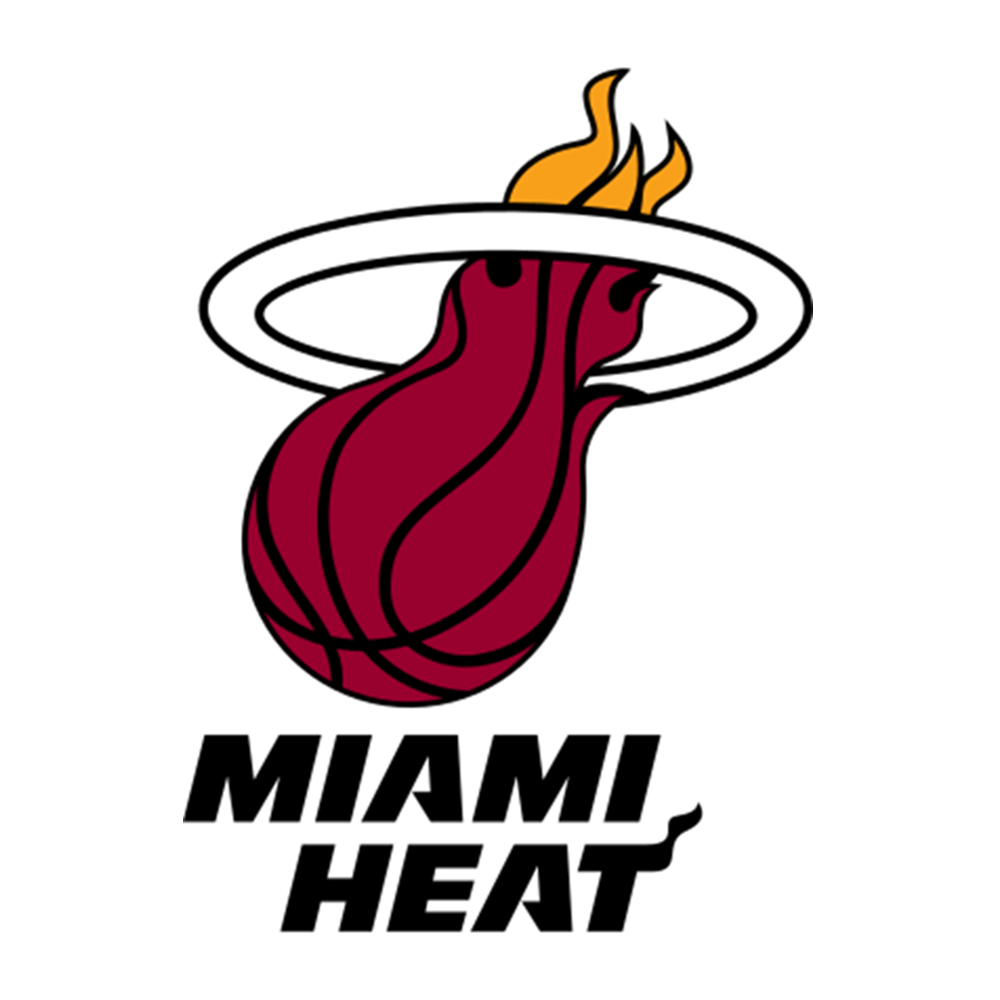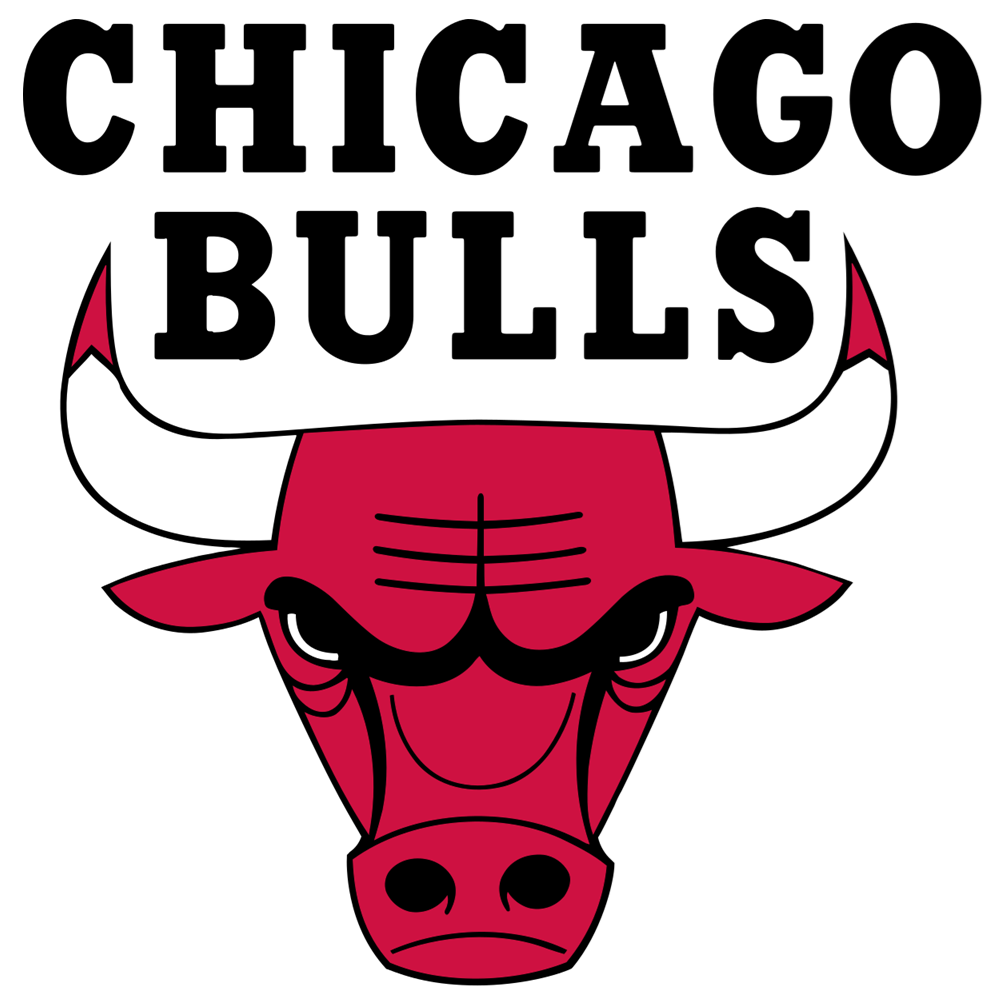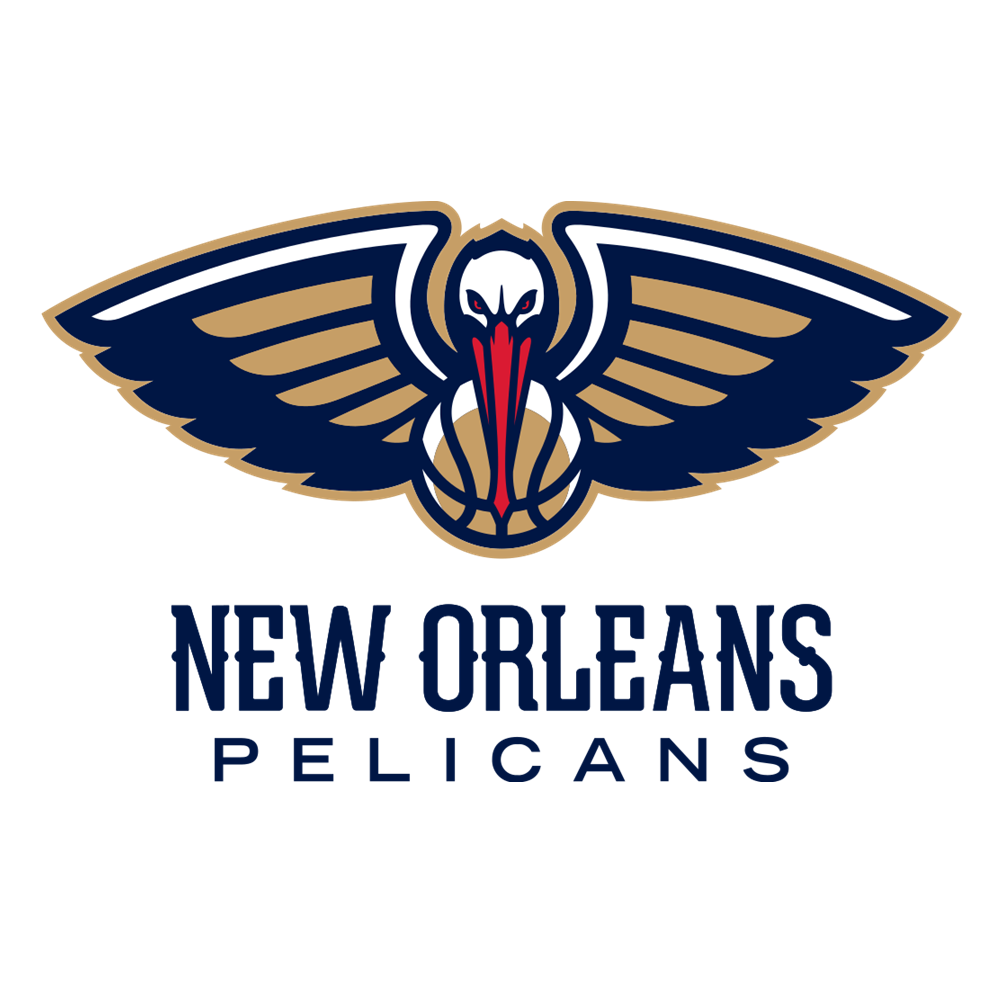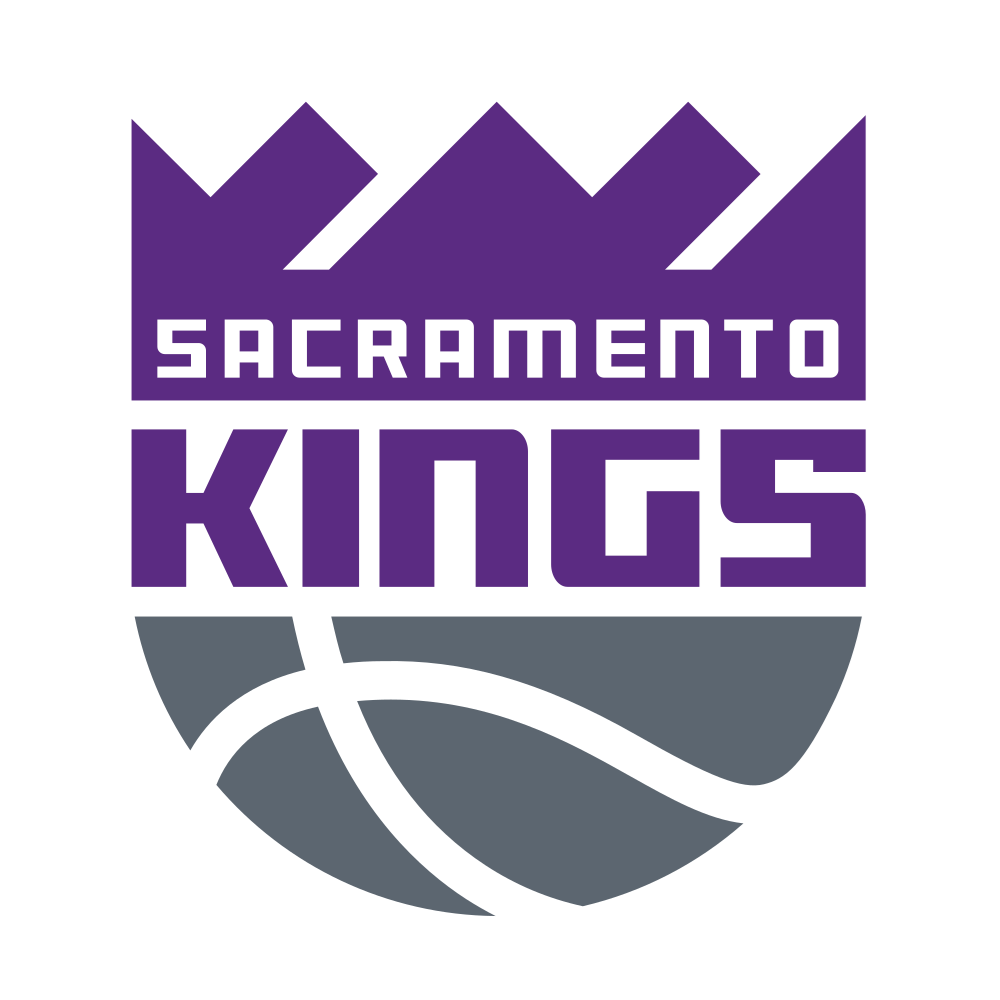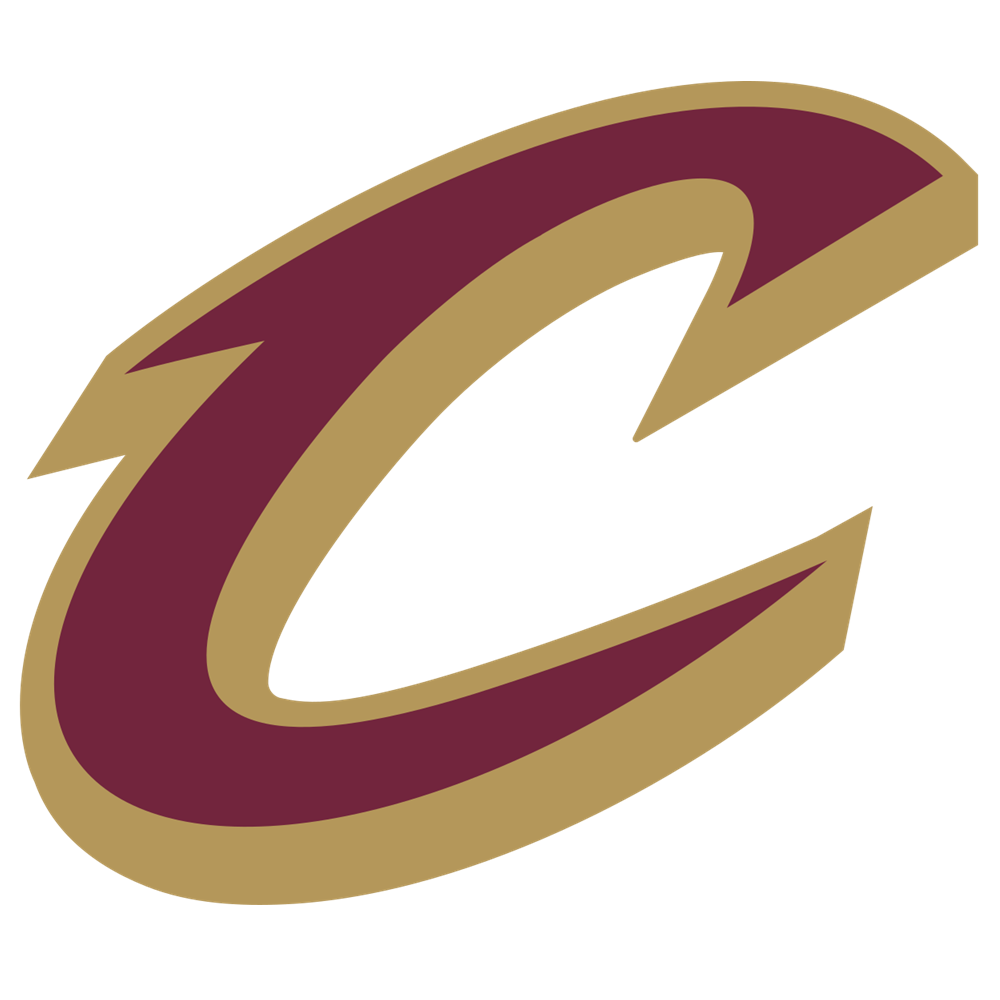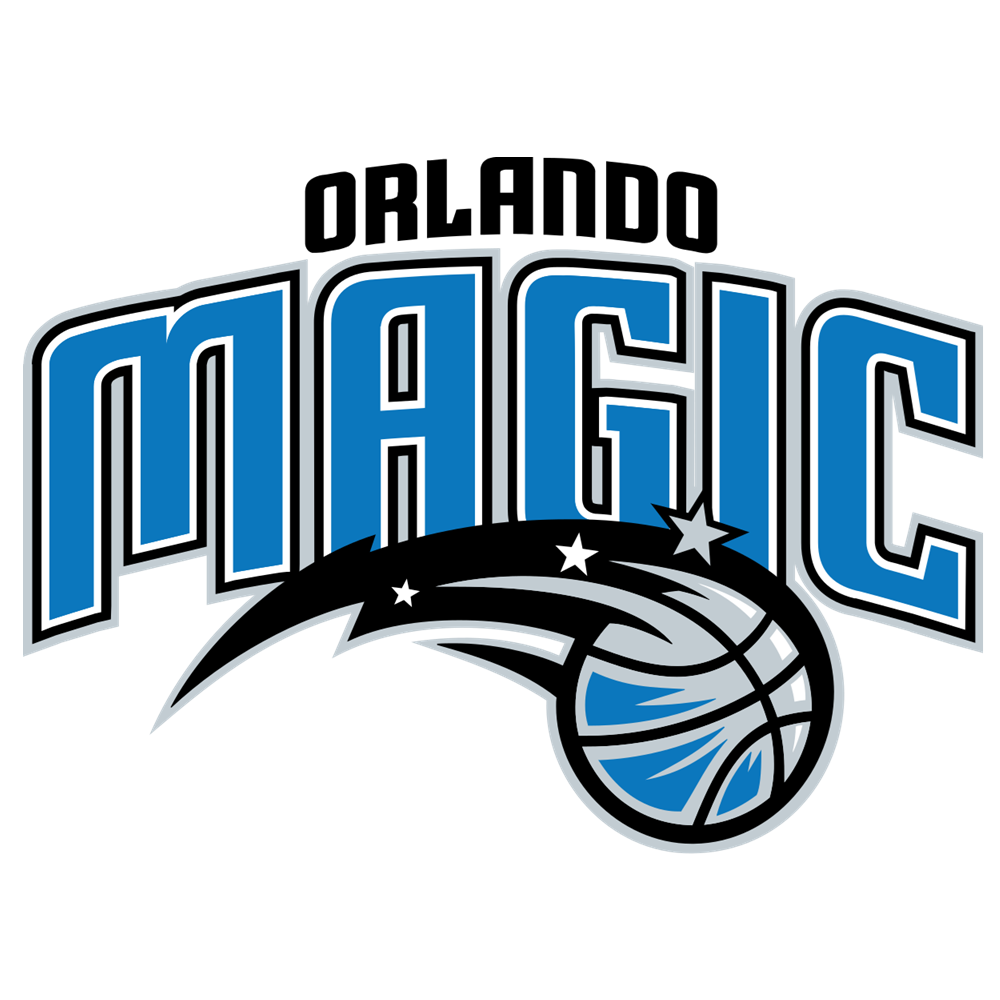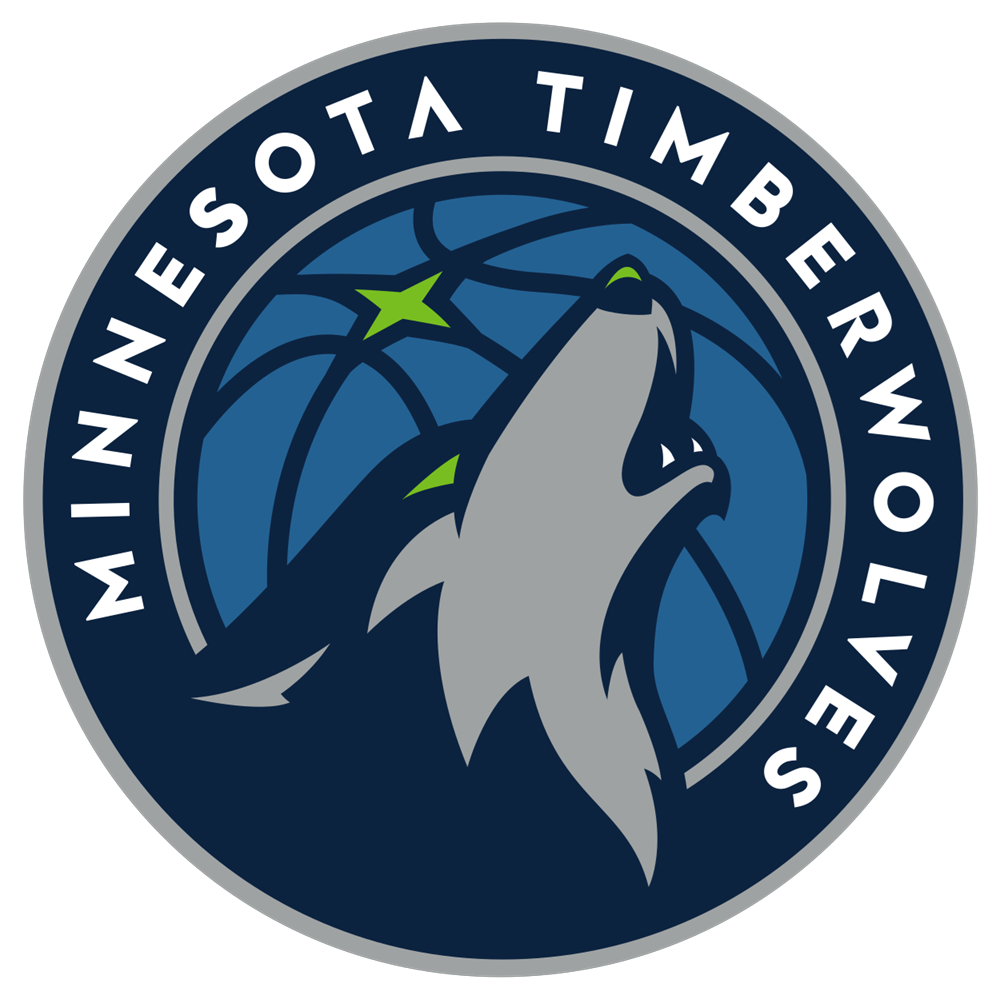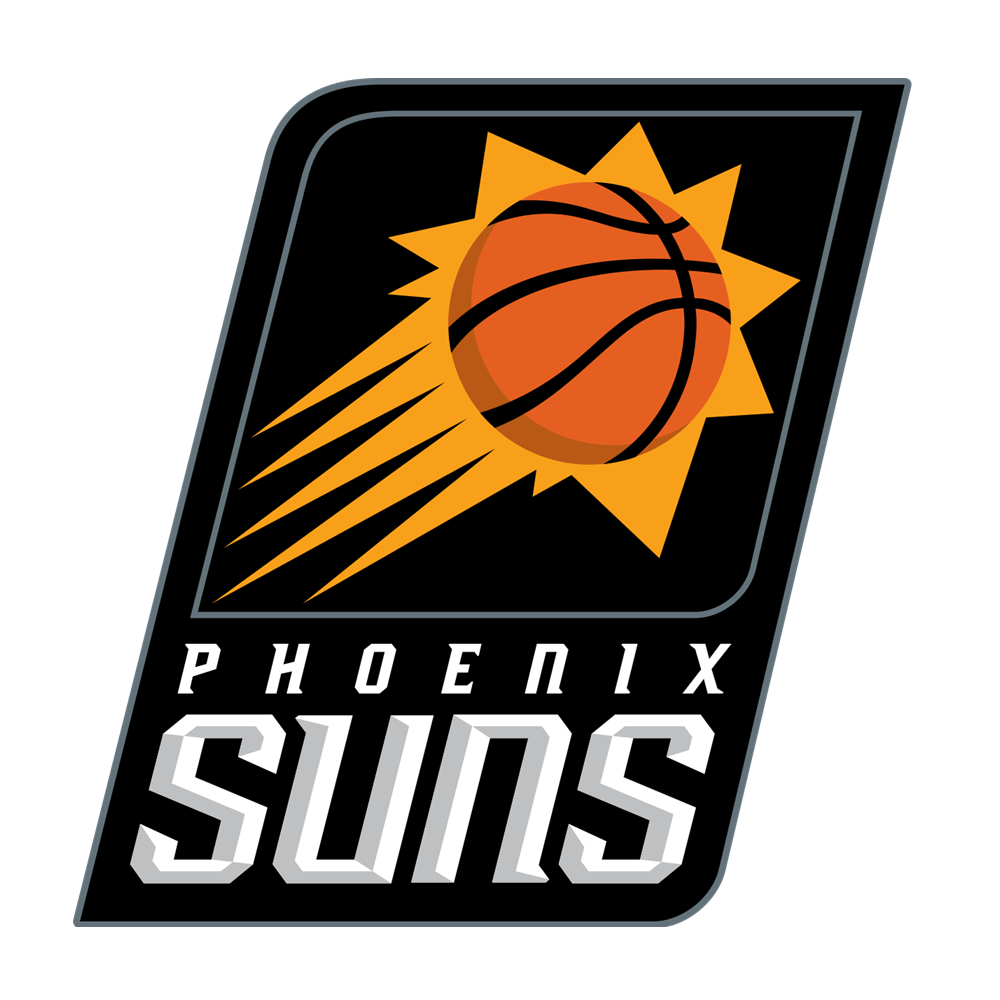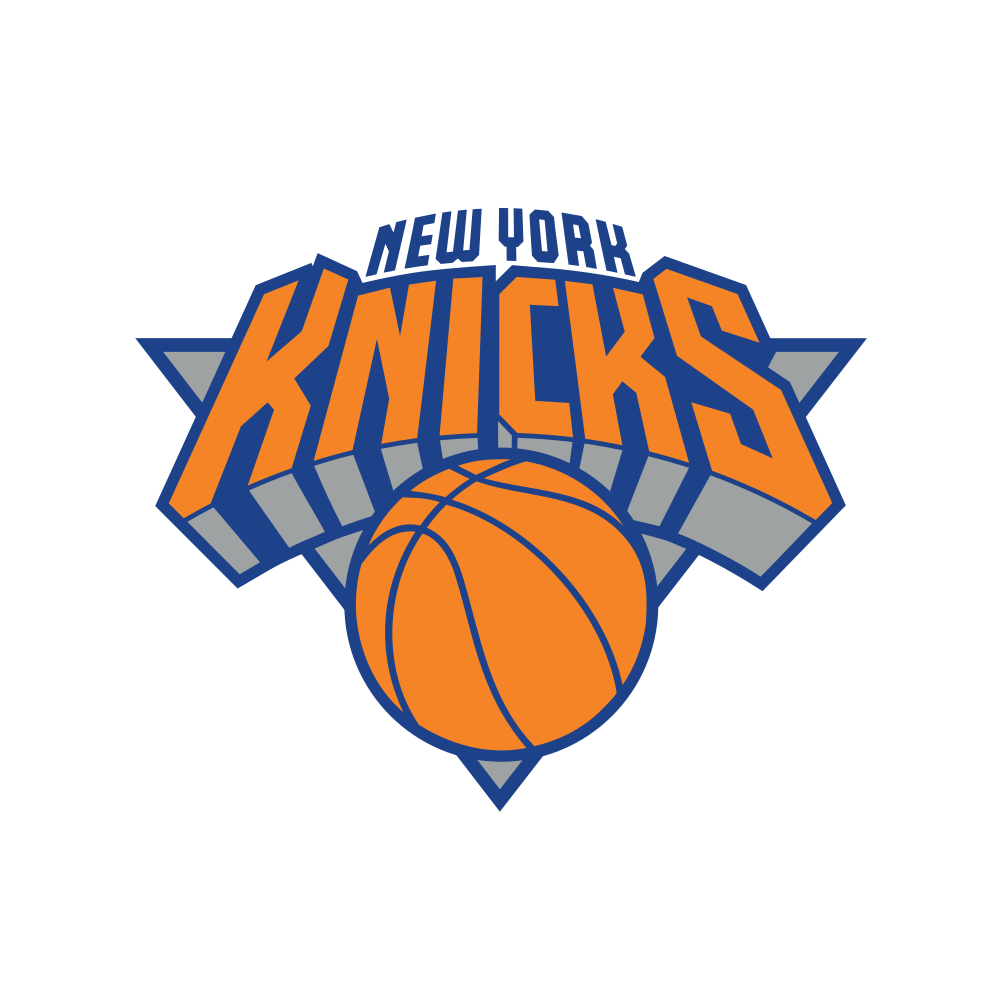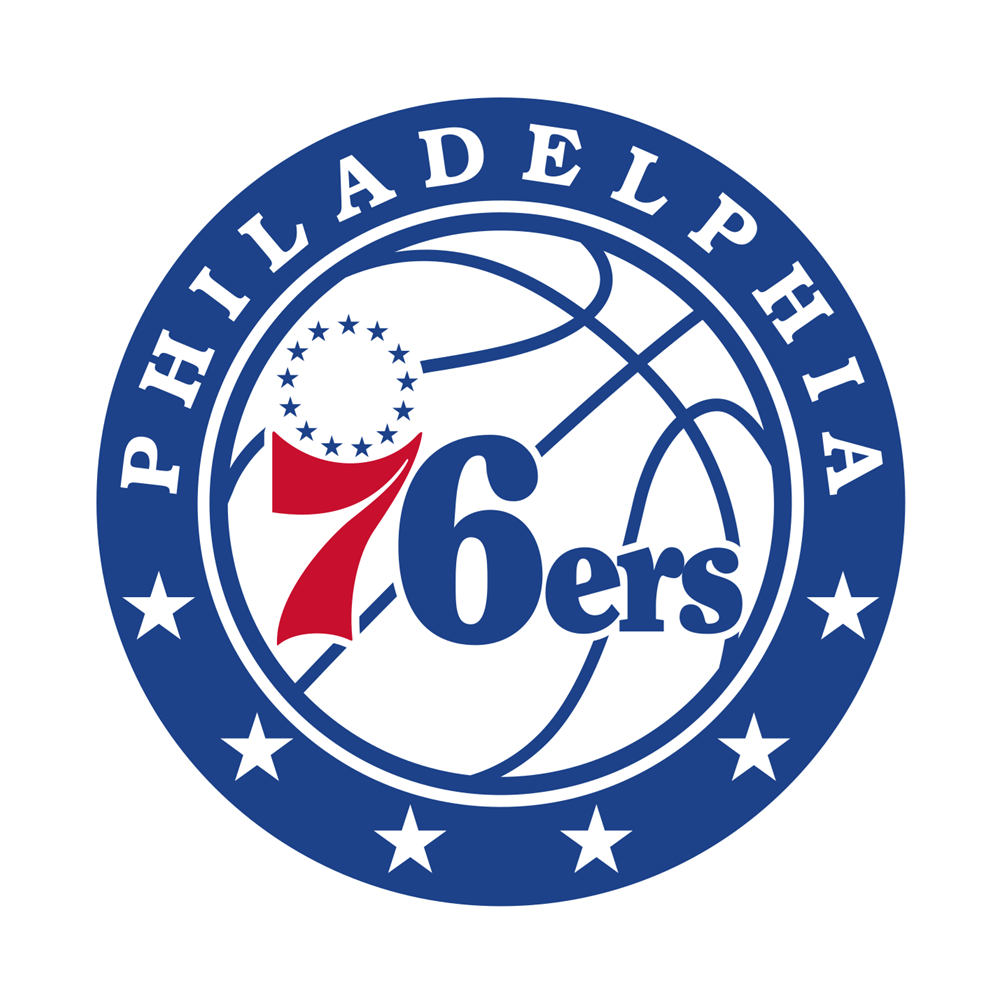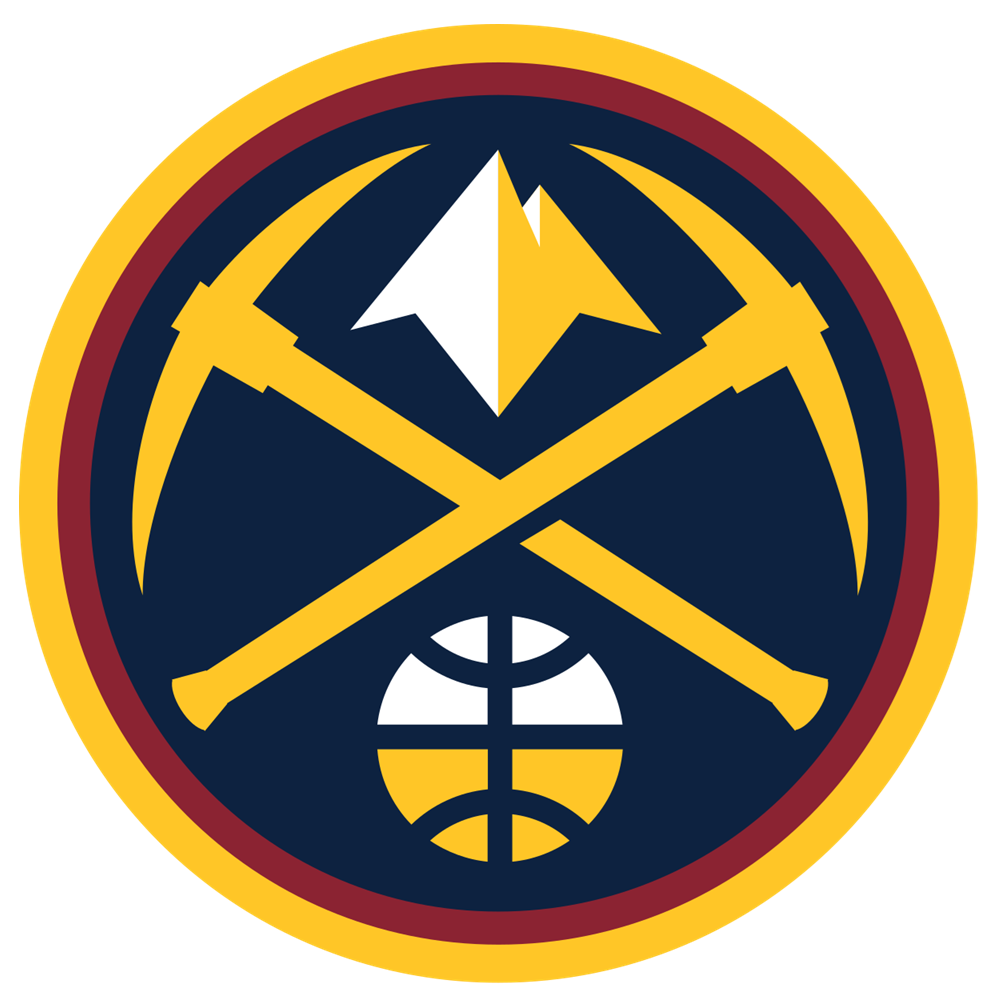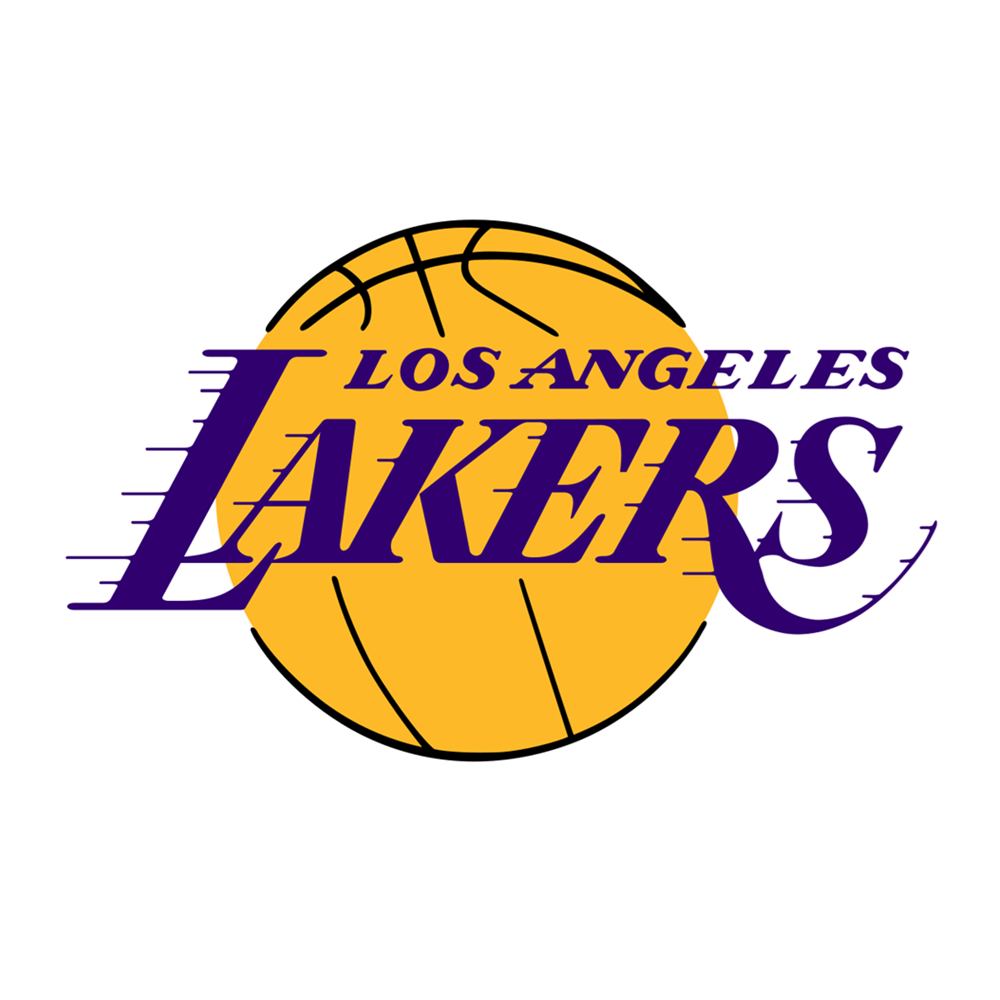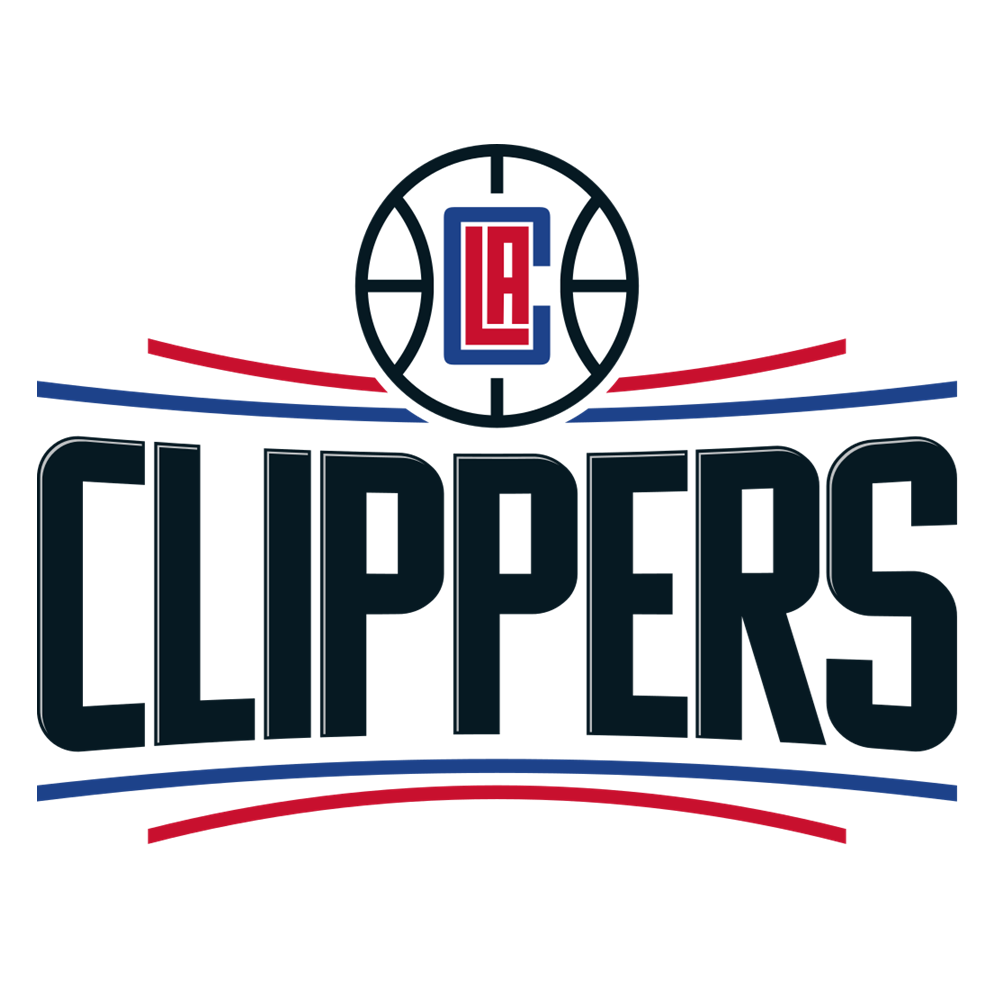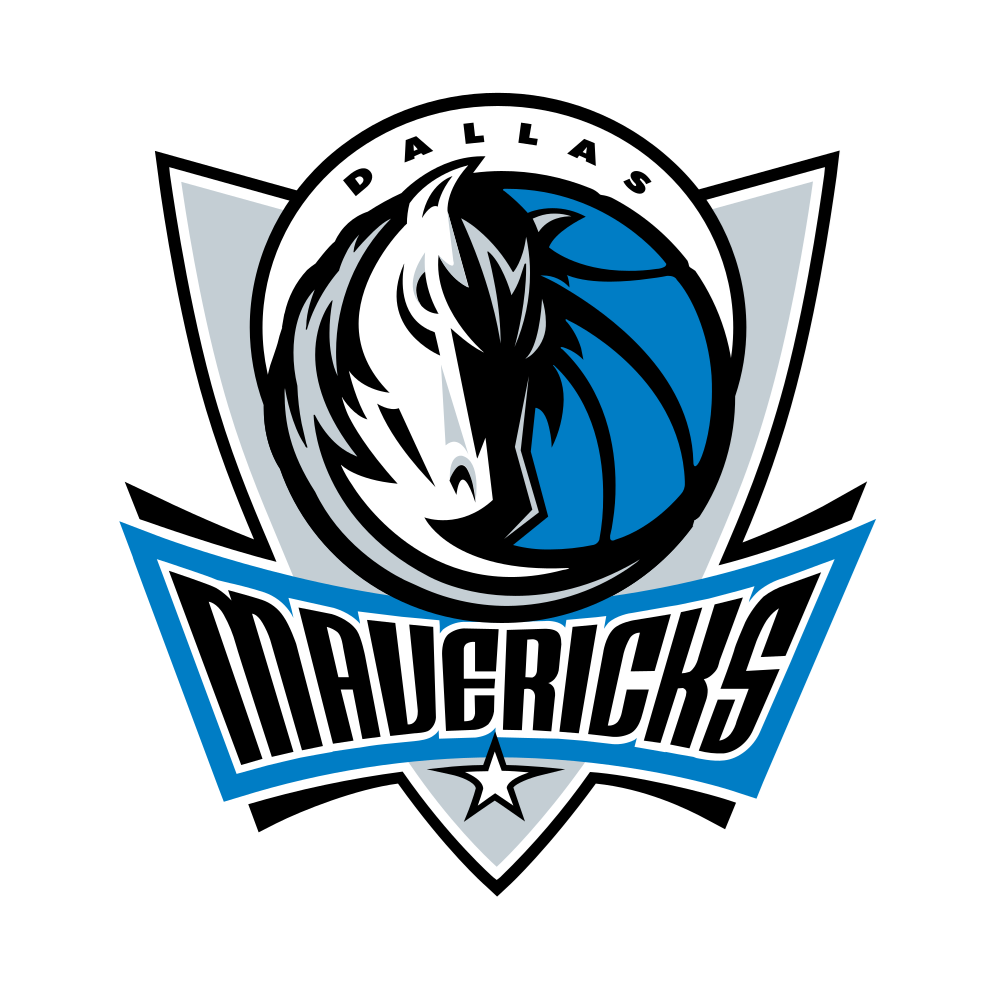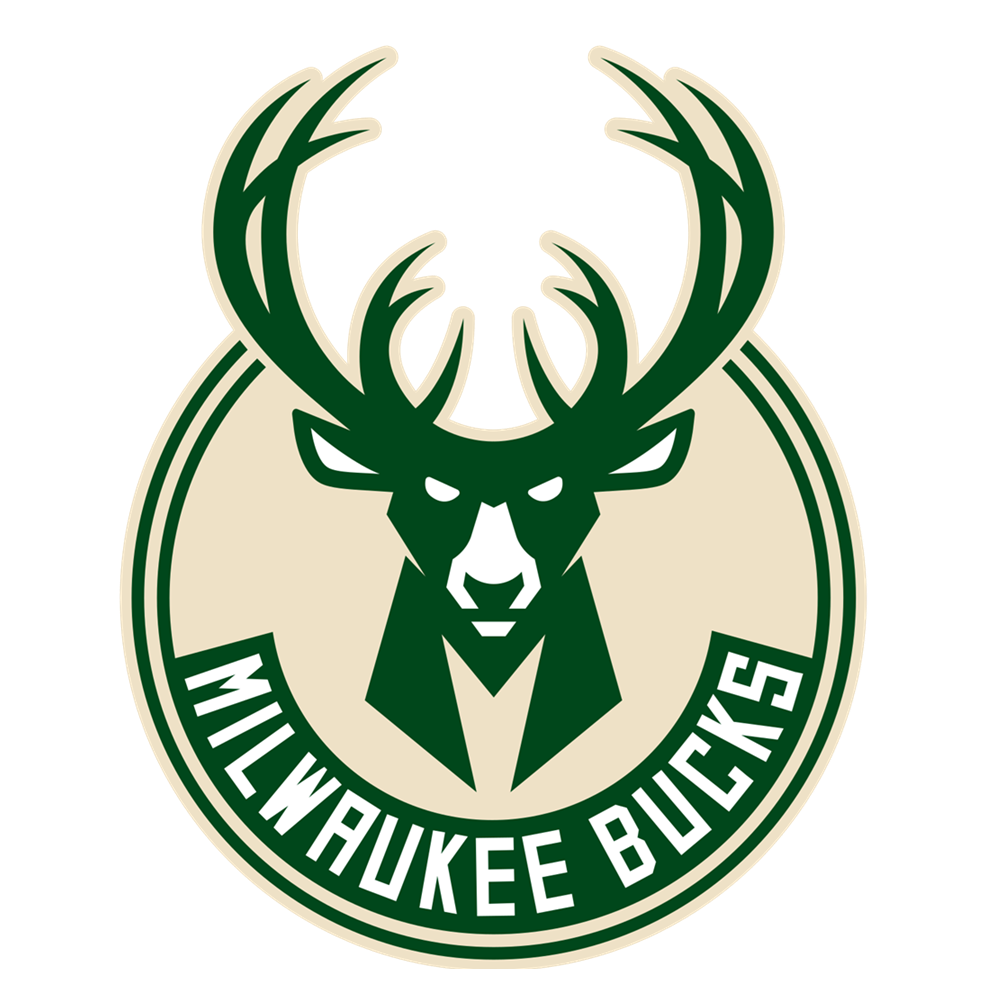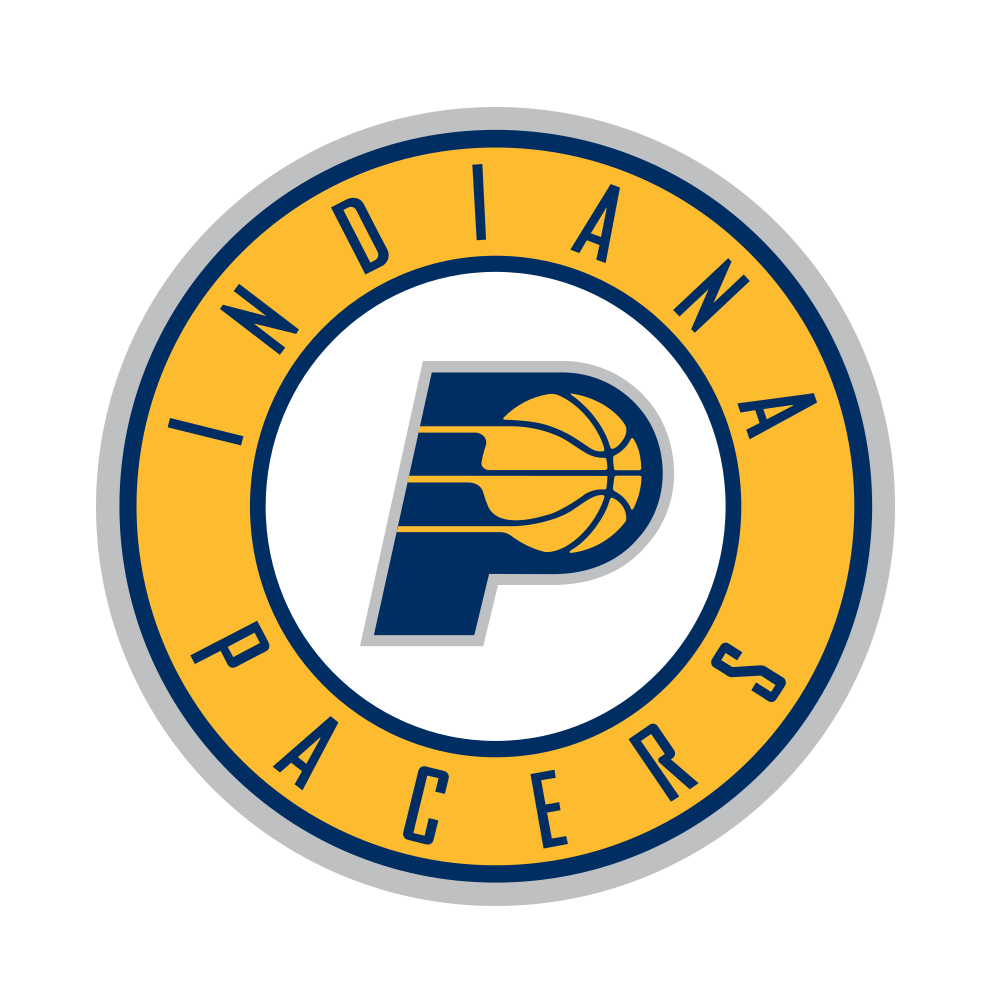News broke today that Detroit Pistons shooting guard Avery Bradley has been made available in trade.Bradley, a seven-year NBA veteran, has not been with the Pistons for very long. He was acquired in the offseason along with a 2019 second round pick in exchange for excess forward Marcus Morris. And for both teams, the move was essentially a reshuffle of decent but surplus parts.Acquiring Kyrie Irving and drafting Jayson Tatum strengthened the backcourt and wing rotations for the Celtics to sufficiently address those areas without any longer needing Bradley, while also freeing up some minutes for the unique and promising Terry Rozier. Meanwhile, for the Pistons, a lack of quality guard play and shooting had undermined their quality frontcourt in previous campaigns, with myriad candidates (Jon Leuer, Stanley Johnson, Reggie Bullock and Tobias Harris) all able to step up and fill whatever minutes void Morris left.Nevertheless, the Pistons have subsequently tumbled away. Struggling in the absence of Reggie Jackson, the Pistons still have a lack of guard depth, which is being exposed on a nightly basis. Bradley too has been one of the oft-injured; his injuries plus those of Jackson and Stan van Gundy’s apparent distrust of fellow 2017 acquisition Langston Galloway have seen usual backup Ish Smith be overexposed in a starting role, Luke Kennard having to play point guard, and two-way player Dwight Buycks become a part of the regular rotation.It is eye-opening, then, if they still want to move Bradley.Bradley is not having the best season. He is averaging 15.0 points, 2.1 assists and 1.2 steals per game, but is shooting only a 49.7% true shooting percentage to do so. As a point of reference, Ricky Rubio is shooting a 50.4% TS.His style of play requires a fit that takes time to develop within a team framework. Not a ball handler up top offensively, Bradley instead makes a living off the ball, partly working off screens and getting to the corners for jump shots but also in running the court, running the baselines, and getting open through movement and energy rather than handle. A team needs to both create and exploit that space for him to be effective.Defensively, despite a similarly effort level, good hands and (before joining Detroit at least) good advanced defensive metrics, Bradley's point guard body makes him more suited to defend that position than the bigger wing spots, even though he does not play the position offensively. Standing only 6'2 on the wing is particularly difficult to mask when it comes to defending switches - the best defensive teams against pick-and-roll offence are the ones that can send a barrage of length and strength even when switching, and although he has good hands and can apply good ball pressure on smaller guards, Bradley is not that.Nevertheless, that same style of play makes him a player who can fit on pretty much any team. Every team has a baseline, every team has a three-point line, and every team will face opposing shooters who will need tracking. Every team would benefit from having Avery Bradley on it, to some degree, and that is the core factor in why he is available to be moved.
A few factors must be considered when evaluating Bradley’s trade value. Firstly, there is his playing style, but perhaps most obviously, there is his impending free agency.
Bradley's contract will expire at the end of the season, and, given that his salary this season is a mere $8,808,989 as the final year of a four year, $32 million contract, extending it is not realistic. Extensions can start only at an amount equal to 120% of the final season of the previous contract, which for Bradley would mean $10,570,787. And he would much rather hit the open market than take that without a bidding war.
Potentially, Detroit could use Bradley and his contract in much the same way that the New Orleans Pelicans used that of Tyreke Evans in their move last season for DeMarcus Cousins, a trade that, prior to Cousins’s unfortunate Achilles tear this past week, had put the New Orleans Pelicans into the second tier of the Western Conference playoff picture, with room to grow if they could find some depth and figure out what to do with their big contracts and dwindling assets. This is an area Detroit would like to be in themselves, and if they can use Bradley as a key salary point within such a deal, perhaps they will. This is not a team that has shown any desire to rebuild ever.
More likely, though, is a move involving moving Bradley to a contending team looking for a mid-season reinforcement of some calibre. As a likely rental, his price would be low; as a rental, he would be a very solid one.
Bradley has value to a contender. He is a two-way guard that helps any team, and he is considerably cheaper of one than George Hill, who has a market himself anyway.
However, this kind of move is one being seen with ever-less frequency in the NBA. In an era of increased job security for general managers, heightened public awareness of the purpose of certain transactions, enhanced understanding of the values of future assets and flexibility, and considerably better forecasting models, trades of draft picks for soon-to-be free agents are rare now, especially first round picks. It does still happen on occasion (see for example, Bojan Bogdanovic to the Washington Wizards in exchange for the first-round pick that became Jarrett Allen) yet rarely does it work out (see for example, Bojan Bogdanovic to the Washington Wizards in exchange for the first round pick that became Jarrett Allen).
Bradley is eligible for both an extension and a renegotiation of his contract. This could in theory mean a team trading for him and then doing a Robert Covington to keep him. However, to do so requires having cap room, something teams rarely do in midseason. The list of teams that are able to do this starts and ends with the Chicago Bulls, Dallas Mavericks, Phoenix Suns, Sacramento Kings and Indiana Pacers, and only the last of those are in playoff contention.
Considering they are involved in trade rumours for pretty much everyone else whose name has come up in trade talks so far – Hill, DeAndre Jordan, Lou Williams - the Cleveland Cavaliers are an obvious starting point for a Bradley trade. And with their chronically leaky defence, Bradley would certainly be a logical candidate for them, even if concerns about how someone who needs a strong defence around him to thrive could fit into a unit without a team defence at all are valid.
It is not Cleveland or bust, however. A poor year and an impending free agency temper Bradley's value, but he still has it. If Detroit really wants to move Bradley, they will find a suitor. It just depends on how ambitious they want to be.
Although they are still just about in the playoff picture despite falling away, Detroit need to keep looking forward, and if they do not view Bradley as a part of that future, they are correct to want to cash in on him. They can go about it in one of two ways - getting a future draft pick for him, or using his contract as the foundation for a needle-moving big deal.
While expecting the former, here's hoping for the latter.
